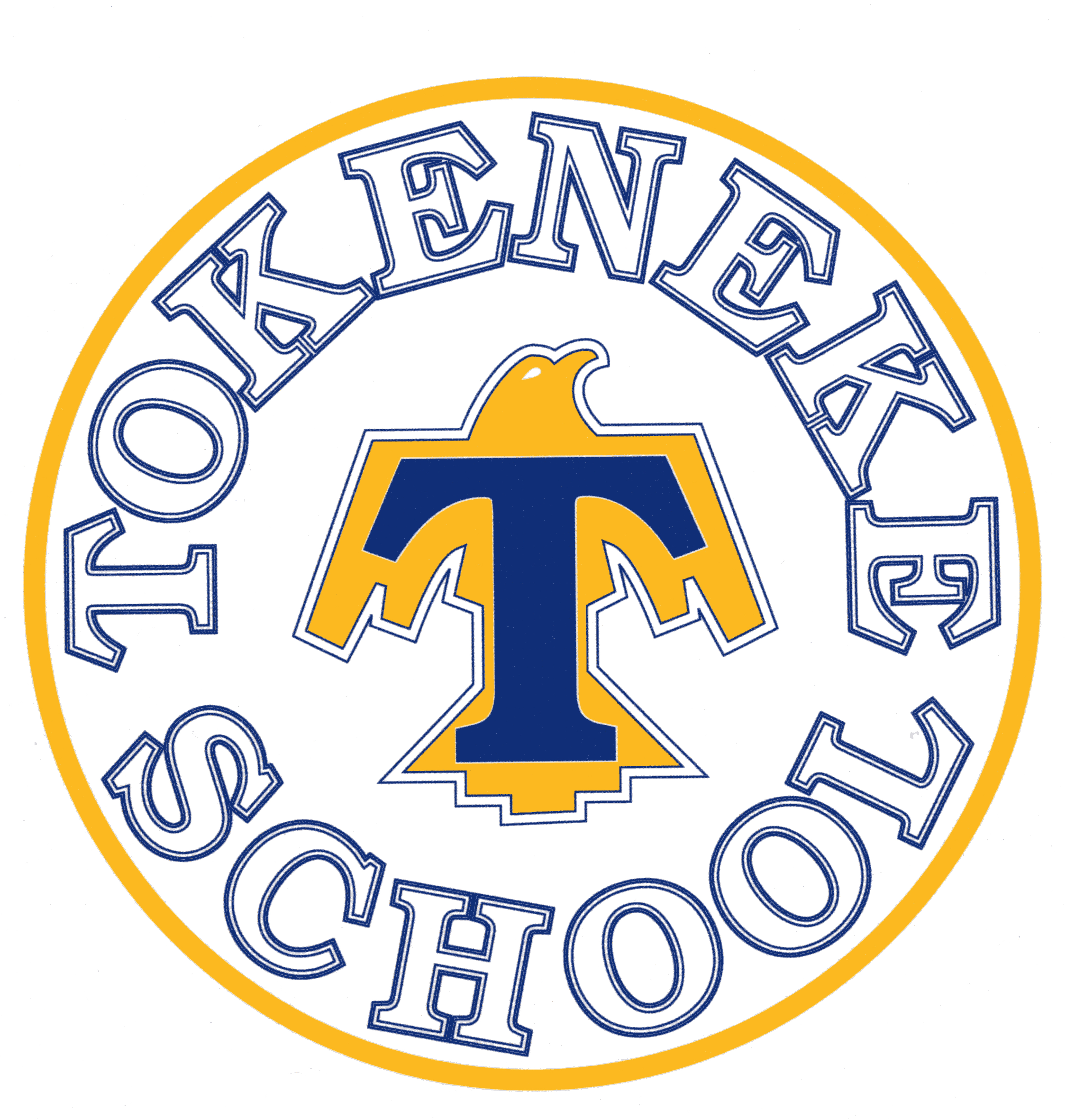Tokeneke Special Education Representatives
SE (Special Education)TPTO Special Education Representatives are here to support our school community by helping examine opportunities for inclusion and provide support for parents of children with special needs. As a member of the Special Education Subcommittee, the representatives also help to identify any district level issues that may need to be escalated to CDSP, administration, and/or the Board of Education as guided by CDSP’s mission statement.
Evaluation
Learn about evaluations used to understand your child’s needs.
Purpose of Initial Evaluation
The purpose of the evaluation process is to identify a child’s specific learning strengths, needs and concerns. Information may be gathered through the following methods:
- Informal and Formal Observations
- Reviewing School Work and Records
- Talking with the Teachers
- Standardized Testing
The evaluation will determine if a child is eligible for special education services and, if eligible, to provide valuable information regarding strengths and needs for consideration in the development of the IEP for the child.
IDEA Requirements for Evaluations
- The evaluation must be conducted by a “multi-disciplinary team,” meaning a group of professionals with expertise in different areas including at least one teacher or other specialist with knowledge in the area of a child’s suspected disability. In Connecticut, the PPT is constituted with members who meet these criteria.
- As part of the initial evaluation (and any reevaluation), the PPT must review existing data on the child, including evaluations and information provided by the parent; current curricular, local, or state assessments; classroom based observations and observations by teachers or related service providers; as well as attendance, disciplinary, health/nursing data, etc. Once the review is completed and parental input is considered, the PPT must decide if there is a reason to suspect the child has a disability that is adversely impacting the child’s education.
- Once the PPT decides a child should be evaluated for special education, the PPT then decides if there is enough existing data to determine eligibility for special education and, if the child is found eligible, is there enough information to write an IEP for the child. If the PPT determines there is not enough data to do this, then the PPT will discuss and plan an evaluation for the child.
- More than one evaluation instrument or procedure will be used to determine if a child is eligible for special education and to write the child’s IEP. An evaluation need not always include an assessment of intellectual ability (IQ).
- Tests must be nondiscriminatory and administered in the child’s native language and primary means of communication.
- The team must collect information from a variety of sources, which may include observations, parent interviews, and a review of pertinent medical history.
[ai1ec view=”agenda”]
